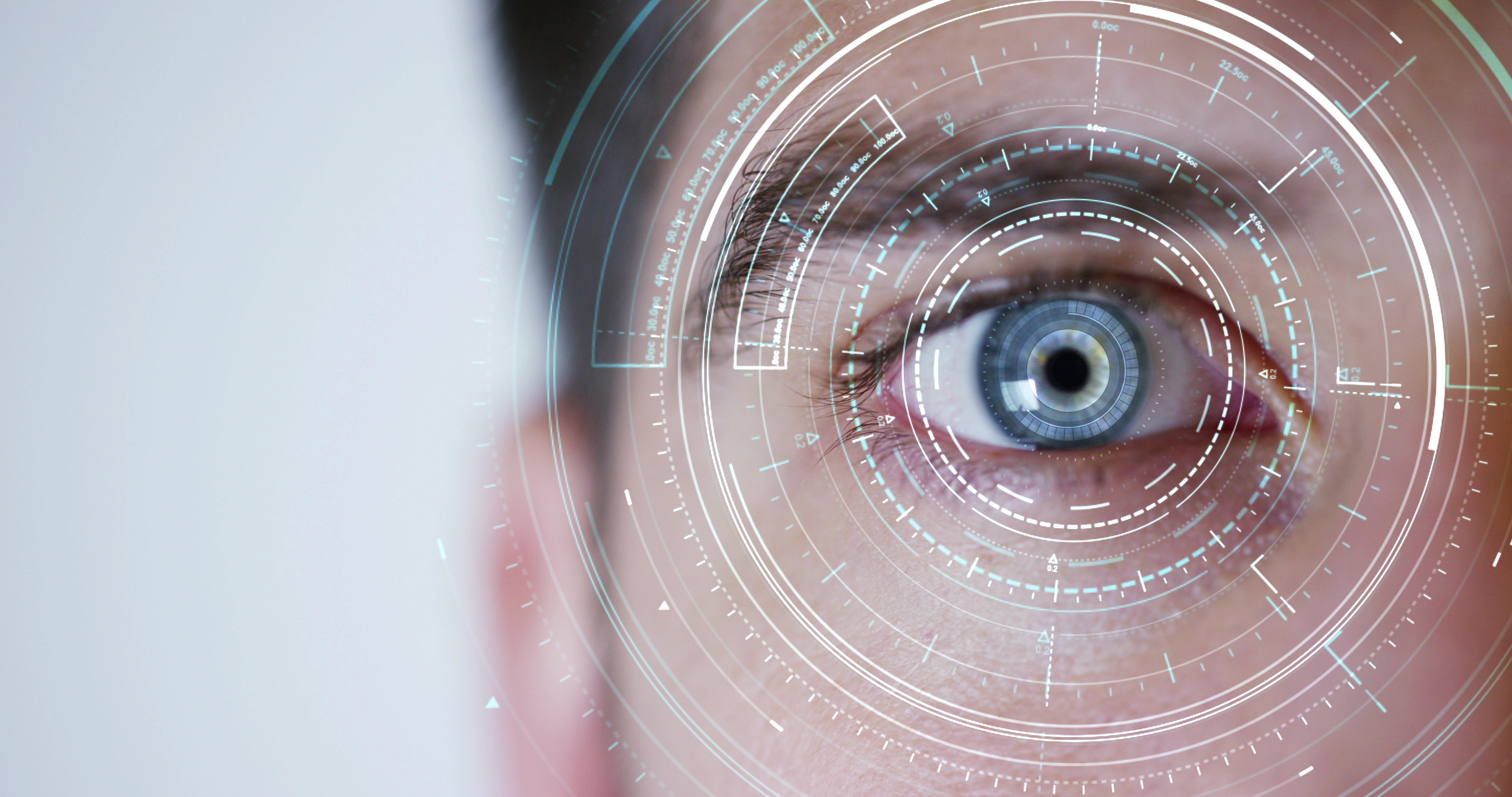
Artificial Intelligence improves coronary artery disease detection, new study finds
- | By Ultromics
- Press Release
Breakthrough study shows AI is capable of independently reading stress echocardiograms and predicting coronary artery disease, significantly increasing detection compared to traditional methods.
OXFORD, ENGLAND –– DEC 15, 2021 –– A new study published today, Automated Echocardiographic Detection of Severe Coronary Artery Disease Using Artificial Intelligence, found that Ultromics’ EchoGo platform, powered by Artificial Intelligence (AI), significantly improved the accuracy and confidence in coronary artery disease (CAD) detection from a stress echocardiogram. The study, published in JACC: Cardiovascular Imaging, revealed doctors are more confident in CAD diagnoses with the support of EchoGo. Further, the study revealed that the EchoGo AI improved the sensitivity of detection of the disease by over 10%, which brings the effectiveness of stress echocardiography - as a modality - on par with much more expensive and invasive diagnostic procedures.
Ultromics’ has developed an AI algorithm that automatically analyzes stress echocardiograms and tells the clinician whether that patient is at risk of coronary artery disease. The study assessed Ultromics’ deep learning algorithms trained on hundreds of thousands of data to predict CAD risk, and was able to distinguish the CAD risk in patients with 10% more sensitivity than manual analysis.
“Using AI to make CAD predictions is a real breakthrough for science, it will help spot earlier signs of a problem, prevent unnecessary tests and procedures, and help save more lives”. said Dr. Ross Upton, a study author and the CEO and co-founder of Ultromics.
"Traditionally, CAD analysis is done through manual observations”, Dr Upton continued. “However, the complexity of identifying subtle features within an image means that it is not always easy to correctly identify CAD on first visit, and accurate diagnoses can be subject to the operator’s expertise. This means heart disease, the number one global killer, gets missed one in five times. With the support of our AI service, clinicians can make confident diagnoses and spot features which would have been impossible to detect using traditional methods”.
The study – funded by Ultromics, the University of Oxford’s Cardiovascular Clinical Research Facility, Lantheus Medical Imaging Inc., the National Institute of Health Research Oxford Biomedical Research Centre, and Oregon Health and Science University – identified two major findings.
During the first portion of the study, Ultromics AI was trained and tested to identify patients with severe coronary artery disease. Patients without CAD were correctly identified by AI 92.7% of the time and patients with CAD were correctly identified 84.4% of the time. The result showed a 10% increase in accuracy compared to the human eye.
The second part of the study sought to explore how an AI classification might impact physicians’ and echocardiographers’ clinical interpretation of stress echocardiograms. Two physicians / echocardiographers from the U.S. that are accredited by the American Society of Echocardiology and two from the U.K. accredited by the British Society of Echocardiography tested Ultromics’ AI and were asked to review heart ultrasounds to determine whether patients had CAD. All four physicians / echocardiographers were independent of any other part of the research and had at least two years of experience in their respective fields.
Each physician / echocardiographer was shown each heart ultrasound two times, one month apart – once with the AI’s decision and once without – and were asked to determine whether they were confident in their clinical interpretation. When provided with the AI-generated classifications, the level of agreement between all four physicians/echocardiographers increased 15% or more -- from between 68% and 79% accuracy, to between 83% and 97% accuracy.
"Echocardiography is such a critical modality for diagnosing cardiovascular disease, said Professor Paul Leeson, Professor of Cardiovascular Medicine at the University of Oxford and the co-founder of Ultromics. “It is affordable, accessible, portable, comfortable, non-invasive, and doesn’t emit radiation. The fact that we can now apply artificial intelligence to echocardiography to perform at this level is truly revolutionary for patient care”.
The new 2021 “Non-invasive Imaging in Coronary Syndromes Guidelines”, published in December 2021 by the European Association of Cardiovascular Imaging and the American Society of Echocardiography, state that resting, and stress echo is fundamental to the detection, prognosis and risk stratification of those with Coronary Artery Disease. By leveraging Ultromics and EchoGo’s AI, physicians can derive even more insight from echocardiography as a modality and, in line with the updated guidelines in support of earlier and more accurate diagnoses to improve outcomes and save lives.
To review the full study, visit: https://www.sciencedirect.com/science/article/pii/S1936878X21007804
About Ultromics
Ultromics is a fully automated software as a service platform powered by AI that allows clinicians to make fast, accurate decisions when using ultrasound images to diagnose cardiovascular disease. Born at the University of Oxford and built-in partnership with the U.K.’s NHS, Ultromics has developed the first fully automated solution for echocardiography (EchoGo Core, FDA 510(k), CE Marked) and analysis of global longitudinal strain (GLS). Ultromics delivers analysis to any vendor within minutes, with zero variability, without any disruption to workflow, and can even predict a patient’s risk of developing coronary artery disease (EchoGo Pro. 510(k), CE Marked). Ultromics has partnered with leading research institutions, including the Mayo Clinic, NHS and American Society of Echocardiography
Curious about upcoming research and innovation?
Sign up to hear about the latest news.

